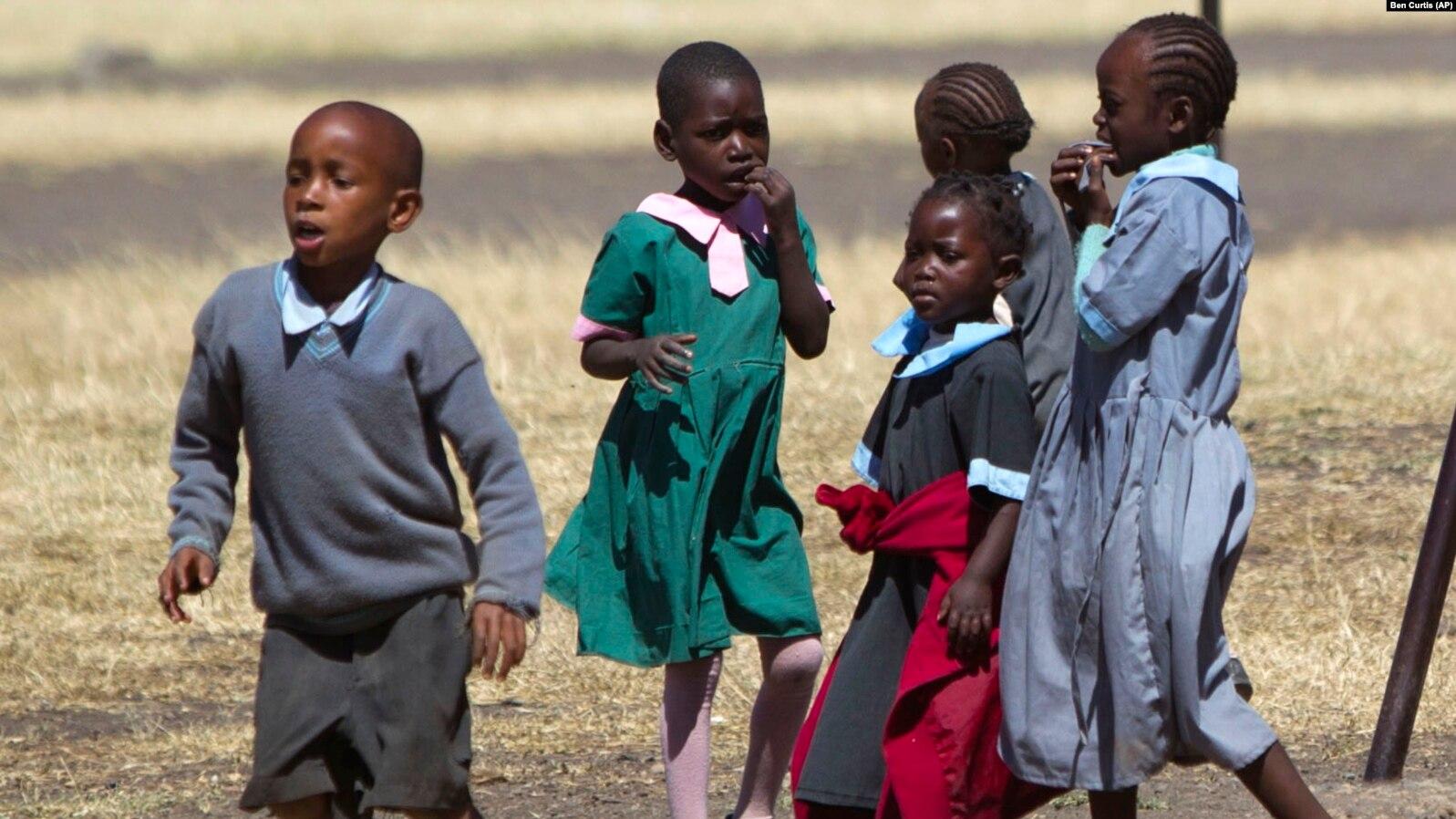ROME – On Friday the Italian Bishops’ Conference signed an agreement with the Pontifical Commission for the Protection of Minors to provide support for safeguarding initiatives, particularly in the global south, where funds for these efforts is often lacking.
Speaking to journalists Friday at the close of the commission’s fall plenary assembly, Father Andrew Small, the commission’s secretary, noted that it is part of the commission’s mandate to help bishops’ conferences implement national listening centers and stable publicly accessible reporting mechanisms for victims and survivors of abuse.
These services were required by Pope Francis in his 2019 legislation Vos Estis Lux Mundi, which also imposed mandatory reporting for bishops for any allegation of abuse.
According to Small, of the 114 bishops’ conferences around the world, “I would estimate that about 70-80 don’t really have these really publicly established, mostly in the global south, a part of the world that has not really received, in my view, sufficient attention in terms of current threats to young people.”
Noting that during an audience with Pope Francis in April, the commission was given the mandate to “assist and supervise” bishops’ conferences in establishing these listening centers and reporting mechanisms, Small said “We need resources for that.”
The so-called “mission church” in developing countries “doesn’t have the people or the resources that you have in Europe and North America,” Small said, adding, “That inequality shouldn’t be a surprise to anyone.”
In an attempt to gin up more resources for development of safeguarding measures in the global south, the commission, Small said, has asked both bishops’ conferences and institutional church players to donate to a special Memorare Fund.
The name of the fund, he said, comes from the famous Marian prayer of the same title, in which faithful state their belief that “no one who came to you for assistance was left unaided.”
“To establish these Memorare services implementing Vos Estis,” Small said, is “a way of having a religious language around an important part of safeguarding, and we have a plan to establish those.”
In an article published Friday afternoon in Vatican newspaper L’Osservatore Romano, Small said that “Addressing the lack of capacity of the church in developing countries is a crucial priority” and a key aspect of their mandate.
“The disparity in the formation and prevention of the sexual abuse of minors between the northern and southern hemispheres recalls the urgency of the collaboration of the church in the wealthiest countries to remedy the enormous inequality in safeguarding services between the north and south of the world,” he said.
To this end, he announced an agreement between the Pontifical Commission for the Protection of Minors (PCPM) and the Italian Bishops’ Conference (CEI), in which the parties pledged to exchange information and updates on safeguarding initiatives at both the national and global level, and to share skills and professional resources.
While the church in Italy has been criticized for its failure to conduct an in-depth national probe into past abuse, as many other European countries have done, and for failing to compensate victims, most Italian dioceses have already established listening centers and hotlines where victims can seek help and support.
In order for this network to be extended throughout the developing world, CEI has agreed to allocate resources from its 8×1000 fund, which is the money it receives from Italian taxpayers, over a 3-year period to support the PCPM’s work in building safeguarding mechanisms in the global south.
“It is hoped that this significant commitment of the CEI…can be supplemented by future aid from other episcopal conferences,” Small said in his article.
In their own announcement of the deal, which was signed Friday by American Cardinal Sean O’Malley of Boston, president of the PCPM, and Italian Cardinal Matteo Zuppi of Bologna, president of CEI, the Italian bishops said the intention of the agreement is to share “an integral approach and good practices adopted by the Church in Italy for the protection of minors and vulnerable people.”
The decision to send funds to the global south, they said, was in keeping with the church’s responsibility to protect “the smallest and most vulnerable.”
According to CEI, the agreement is to be renewed annually and will be reviewed to ensure that its objectives are being achieved. A periodic report will be drafted to demonstrate what has been achieved through the partnership.
In his comments to journalists, Small said he has been talking to other bishops’ conferences about the need to bolster safeguarding efforts in the global south, and that the lack of resources in the area was stressed during a meeting with members of the Association of Member Episcopal Conferences in Eastern Africa (AMECEA) over the summer.
During that meeting, he said Father Daniel Portillo from CEPROME (Center of Interdisciplinary Research and Education for the Protection of Minors), who is a graduate of a safeguarding course offered by the Pontifical Gregorian University, said the church in Latin America has been talking about safeguarding for some 20 years, but has no resources or full-time positions.
Small cited statistics calculating that the United States Conference of Catholic Bishops (USCCB) spent around $25 million last year in training, whereas the Archdiocese of Boston spent around $3 million on psychological services alone, without counting the cost of lawyer and settlement fees.
“Even just in the area of prevention and training, there’s a vast amount being spent in Europe and North America, and there’s virtually nothing being spent in the global south,” Small said. “That’s a scandal itself. Why is a child in Kitui, Kenya, more at risk of child abuse than a kid in Cleveland, Ohio?”
He said the commission is optimistic about its partnership with CEI, and has “a lot of members who work in and around church settings, so they understand how to get the job done, and it’s very much a ‘can-do commission,’ we’re very energized about this mandate the Holy Father has given us.”
Follow Elise Ann Allen on Twitter: @eliseannallen










